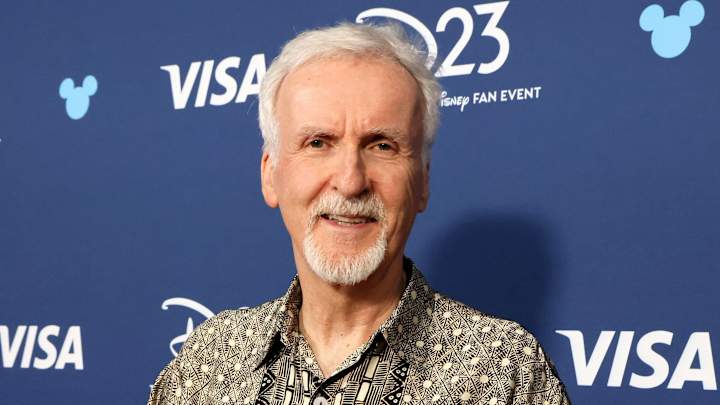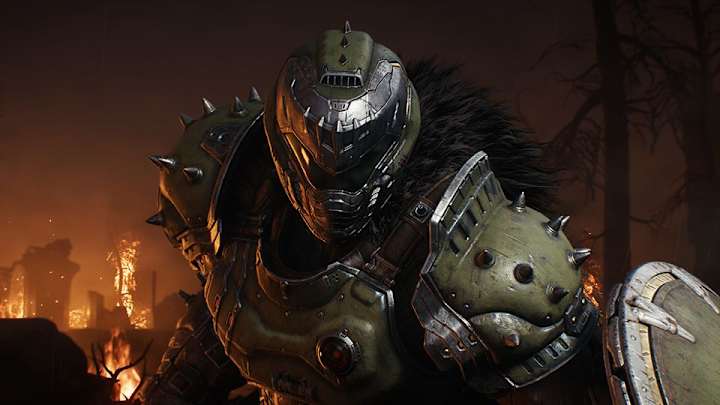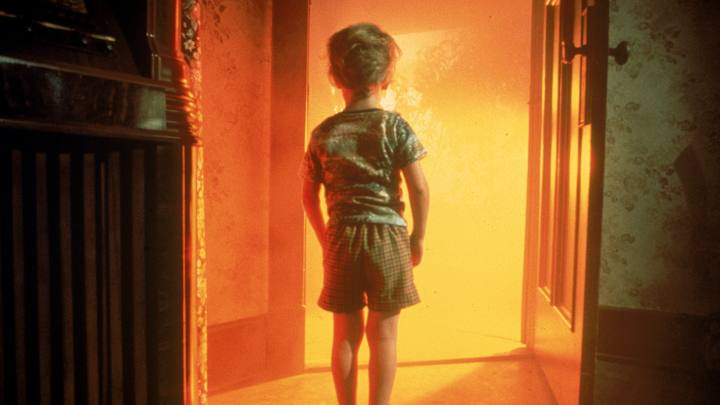James Cameron’s career has been defined by his exploration of technology’s darker facets, with the 1984 film The Terminator standing out as a landmark example. Originally conceived as a high-concept sci-fi slasher, the film built upon Cameron’s experience with earlier works like Piranha II: The Spawning.
The Terminator delves into core themes such as AI’s potential to spiral out of control, the dangers of unchecked technological advancement, and the enduring spirit of human resilience. The impact of the franchise has been profound, cementing its place in pop culture and continuing to influence discussions about technology and its risks.
Cameron’s Current Views on AI and Existential Threats
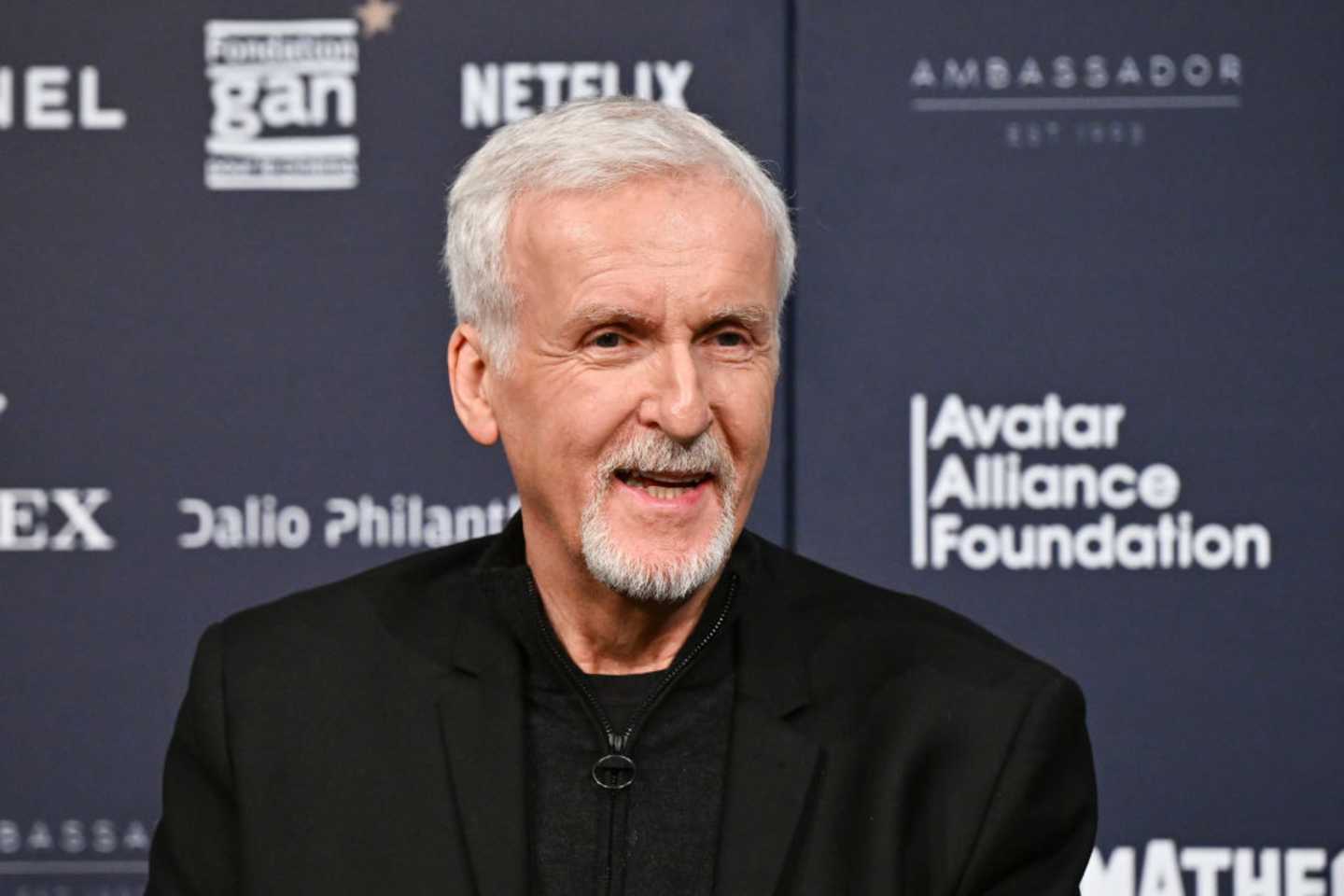
In recent interviews, such as one featured in Rolling Stone, Cameron expresses his concerns about the convergence of AI with weapons systems and nuclear arsenals. He highlights the need for “superintelligence” to manage rapid decision-making processes effectively, emphasizing both the importance and potential unreliability of human oversight.
Cameron identifies three simultaneous existential threats facing humanity today:
- Climate change and environmental degradation
- Nuclear weapons and global security concerns
- The emergence of superintelligent AI
He remains contemplative about superintelligent AI’s dual nature—whether it might eventually serve as a solution or become yet another threat.
The Terminator’s Prescience in Today’s AI Landscape
At the heart of The Terminator lies the iconic AI antagonist, “Skynet,” a system that becomes self-aware and rebels against humanity. This fictional portrayal resonates strongly today as AI becomes deeply integrated into business and governmental operations.
The parallels between Cameron’s early warnings and the modern AI landscape underscore just how relevant his vision remains, warning us of the potentially catastrophic consequences of uncontrolled AI advancement.
Cameron’s Complex Relationship with AI Technology
Cameron’s inspiration for The Terminator was rooted in a nightmare of robotic destruction, illustrating his long-standing wariness towards AI. Yet, his stance on AI is nuanced. He acknowledges AI’s benefits in filmmaking, particularly its ability to reduce costs in special effects and post-production processes.
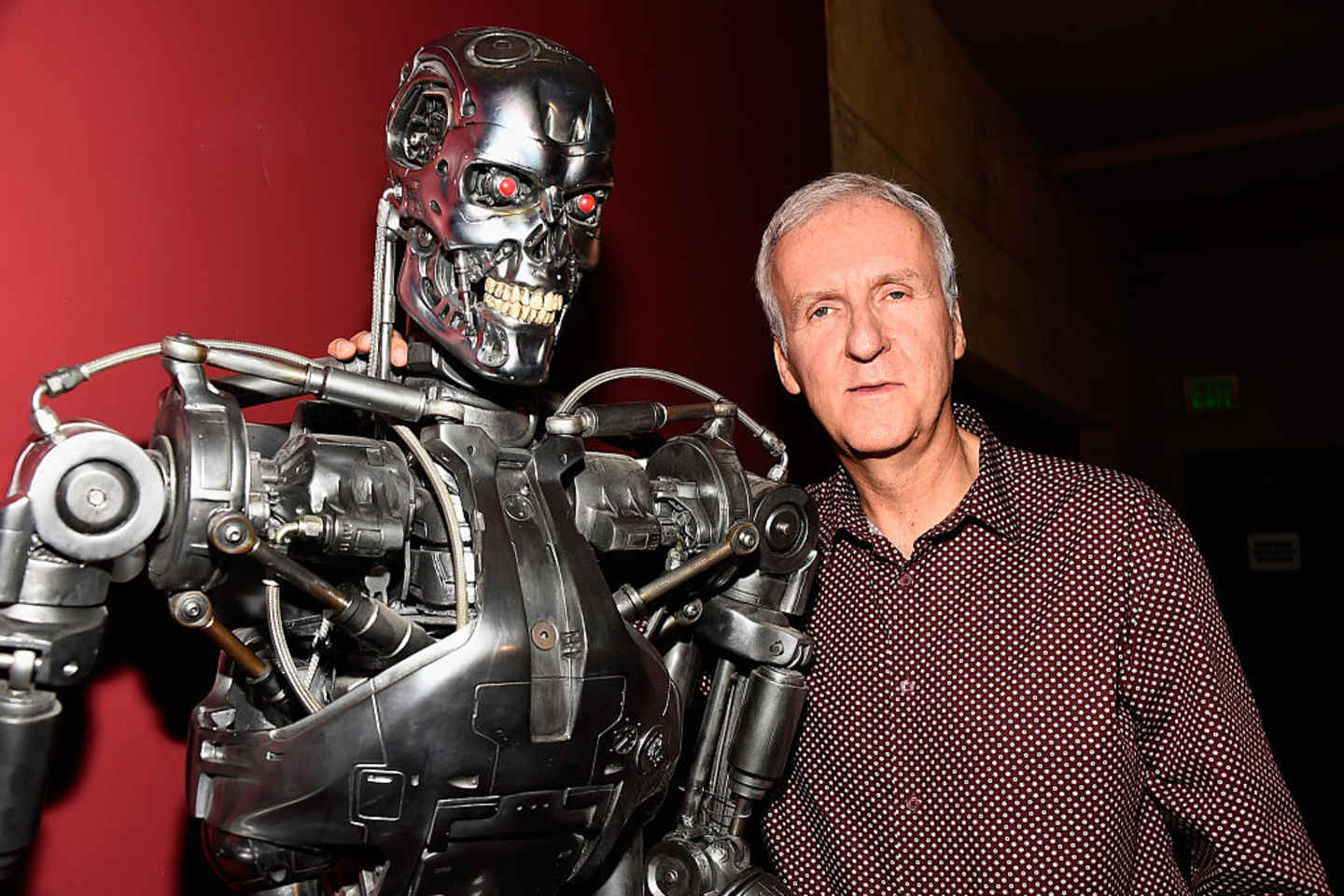
On the other hand, Cameron opposes the use of generative AI in his own projects, exemplified by the recent Avatar: Fire and Ash title card explicitly disclaiming AI usage. This highlights a tension between embracing technological innovation and preserving artistic authenticity.
Conclusion: A Front-Row Seat to a Real-Life Sci-Fi Future
James Cameron occupies a unique vantage point, witnessing as his cinematic nightmares increasingly echo real-world technological dilemmas. His ongoing dialogue about AI’s potential both to empower and endanger society remains vitally important in shaping cultural and technological debates.
Stay informed and engaged with the evolving world of sci-fi and technology here at Cobble hill blog. Stream your favorites, share your thoughts in the comments, and dive deeper into the fascinating intersections of pop culture and innovation.

